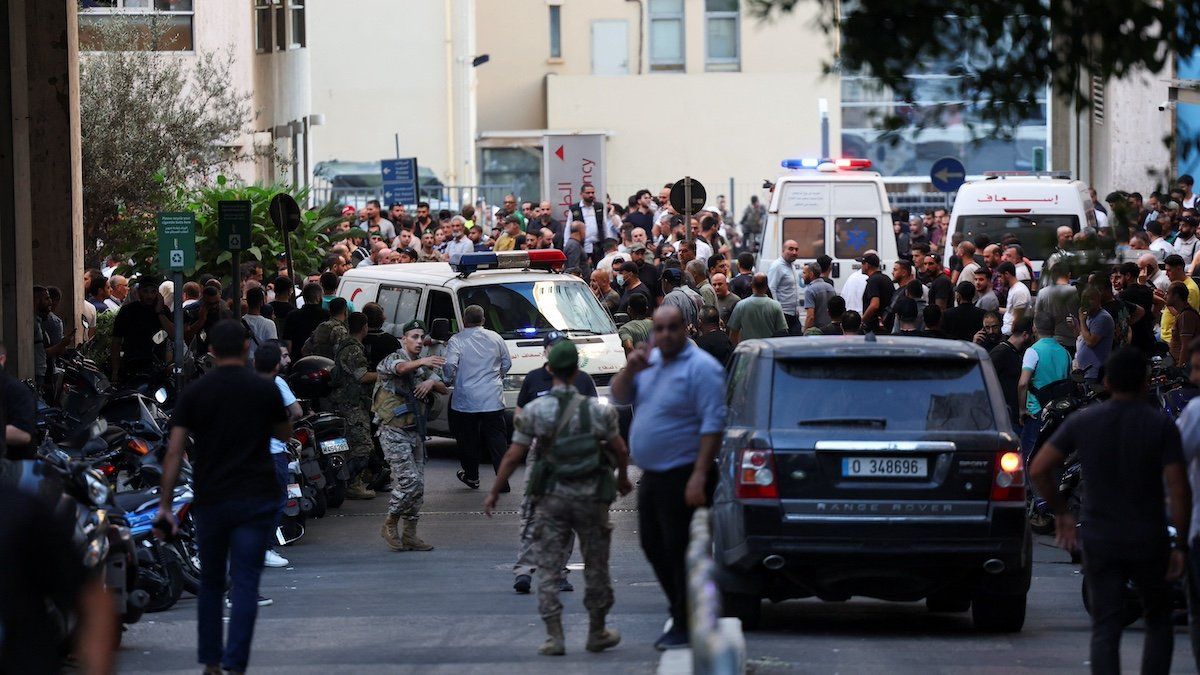People of a certain age will recall the metaphoric expression “blowing up my pager,” but this was something altogether more literal: On Tuesday at around 3:30 p.m. local time, pagers belonging to more than 2,800 people in Lebanon and Syria actually blew up, killing at least 12, including two children, and wounding thousands.
The pagers were reportedly used by affiliates of Hezbollah, the powerful, Iran-backed militant group and political party that is currently locked in a low-level war with Israel. The group recently bought the pagers to evade signal tracking. The victims, many of whom were reportedly civilians, included Iran’s ambassador to Lebanon, who was wounded.
Who did it? Lebanon and Hezbollah blame Israel, but Israeli authorities have not commented.
How does one even do this? There are two theories. One is a mass hack of the pagers, which forced their lithium batteries to overload until they spontaneously combusted. But some outlets are pointing to packing, not hacking: Israel's Mossad spy agency reportedly hid explosives inside the pagers, which were manufactured in Budapest by BAC Consulting. The Taiwan-based firm Gold Apollo licensed its brand out to BAC but firmly denies involvement in making the pagers. Either way, a stunning operation.
The attack is a strategic blow to Hezbollah’s communications, but also a psychological one. Hezbollah has sworn to retaliate. So far the group – and its Iranian patrons – have tried to avoid a wider conflict. But after Israel appears to have paged Hezbollah like this – how will the group respond?
